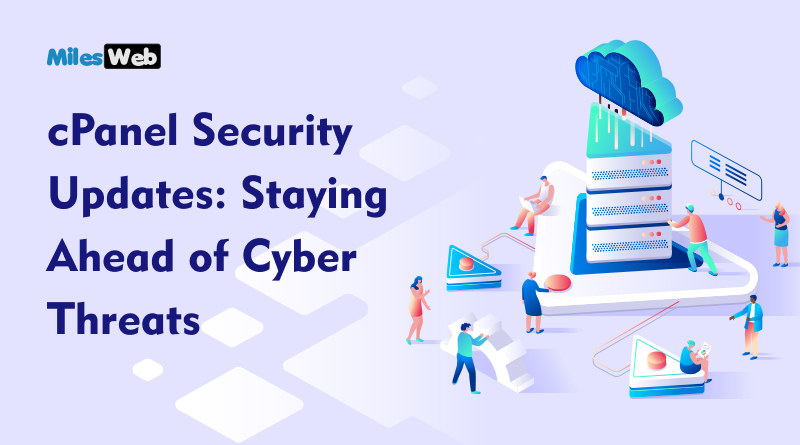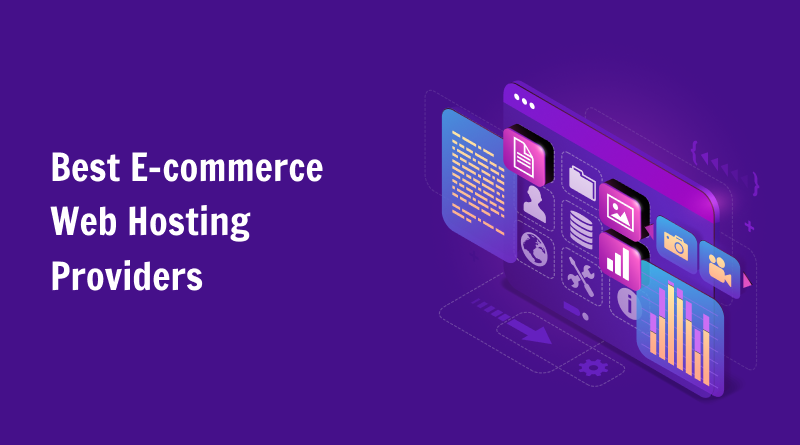In 1996, cPanel’s introduction simplified the Linux web hosting management. It’s been more than 25 years since the cPanel has come up with different features and resources. One thing that remains unchanged is the data security vulnerabilities. It is essential to have a proper security layer and updates to stay ahead of cyber threats.
Over the years, cPanel has gone through several version updates and complex security layers. Many of the security measures are implemented by the cPanel web hosting services providers. So, if you want to minimize the data security risk in the cPanel, we have provided the best practices to avoid becoming the victim of cyberattacks.
How Do I Protect My cPanel?
Secure SSH
SSH (Secure Shell) is a network protocol that connects servers and performs uploads and exits. Over an unsecured network, SSH provides access to commands and operating systems for remote users. SSH access is not uncommon among administrators, but not all users in your organization should have it. To improve security, you can sometimes turn off SSH completely.
Create SSH keys using WebHost Manager (WHM) for the root user and disable password authentication for SSH in the WHM Password Authorization Tweak interface. It helps in enhancing the server’s and control panel’s security. Additionally, choosing the best WordPress hosting provider can significantly contribute to your website’s security. A reputable WordPress hosting service should offer features such as regular security updates, malware scanning, firewalls, and DDoS protection. Moreover, opt for a hosting provider that offers SSL certificates, daily backups, and robust server monitoring to safeguard your website from potential cyber threats effectively.
Secure Apache
Apache is an open-source web server application that can be managed through cPanel. It has been the favorite option of web hosting account users since 1999. But like any other server software, Apache should be updated and patched as new versions are released. Install features like EasyApache and other hardening standards to reduce the risk of compromise on cPanel.
One bonus tip that could help you is to disable directory listing so that attackers cannot see the list of files stored in every folder. Or else, attackers discover unknown publicly accessible files. If you want to disable the directory listing, change the following line in the CLI (Command Line Interface) /etc/httpd/conf/httpd.conf file
Options Indexes FollowSymLinks >> Options FollowSymLinks
Once done, restart your Apache.
Harden Your Operating System
The operating system is the heart of your web hosting account. Hence, it should be configured to withstand any cyberattack. We understand that there is no perfect operating system that creates the perfect security system. But still, you must add multiple layers of security to reduce the compromise risk of data security. Hence, install malware, antivirus, and 2FA (Two Factor Authentication) to reduce the cybersecurity risk on the control panel. You can avoid a critical cybersecurity incident using a few operating system best practices for your server.
Harden The TMP Partition
Tmp directory is used when an application is installed or needs to store temporary files. The directory is used by some applications to create lock files for temporary storage. After a reboot, this directory is deleted, as it contains system files that can be used by the system. Tmp can be used to store malicious files if an attacker compromises the server and runs an application. Attackers are prevented from storing or executing files in the tmp folder when it is locked down. Several methods can be used to harden security for this folder in the Linux operating system.
Restrict System Compilers
There are pre-configured system compilers installed in the control panel. It is a computer program that translates the computer code into binaries. Cyber attackers always look for these compilers to compile their scripts and try to upload their malicious code and run it on the server. Novice users may find it as an antivirus or the new software, but it is a red flag! Stay alert with these auto-installed software and applications.
Remember that a web hosting server does not need compilers unless the applications are unique and rare. For better security, compilers should be removed or restricted. If you can’t remove the compilers altogether, you should restrict access to the root user only.
Monitor the System Continuously
Monitoring the control panel continuously is mostly done by the managed web hosting service providers. They have a certified team of experts who look after the web server. If anything goes wrong, it may cause the downtime for users. Monitoring control panel resources includes several components of the system including user activity, application activity, performance, and network connectivity.
It’s the administrator’s responsibility to review monitoring reports, but a good tool should alert administrators when anomalies are detected.
Final Line
A web server is a crucial component not just for the web hosting company but for their clients also. Hence, cPanel is available with most web hosting plans to allow hosting account users to manage their domains, servers, and accounts. cPanel must be updated regularly to keep away all kinds of cyber threats and issues.
MilesWeb offers reliable and secured cPanel hosting services with a pre-configured control panel. Also, they have 24×7 customer support with all sets of knowledge base articles and guides. The certified team of experts is always available to assist customers.
The web host implements 360 degree monitoring, provides a free SSL certificate, and install many security plugins to safeguard your website with the latest technology. If you are searching for a trustworthy cPanel host, MilesWeb is your answer!





